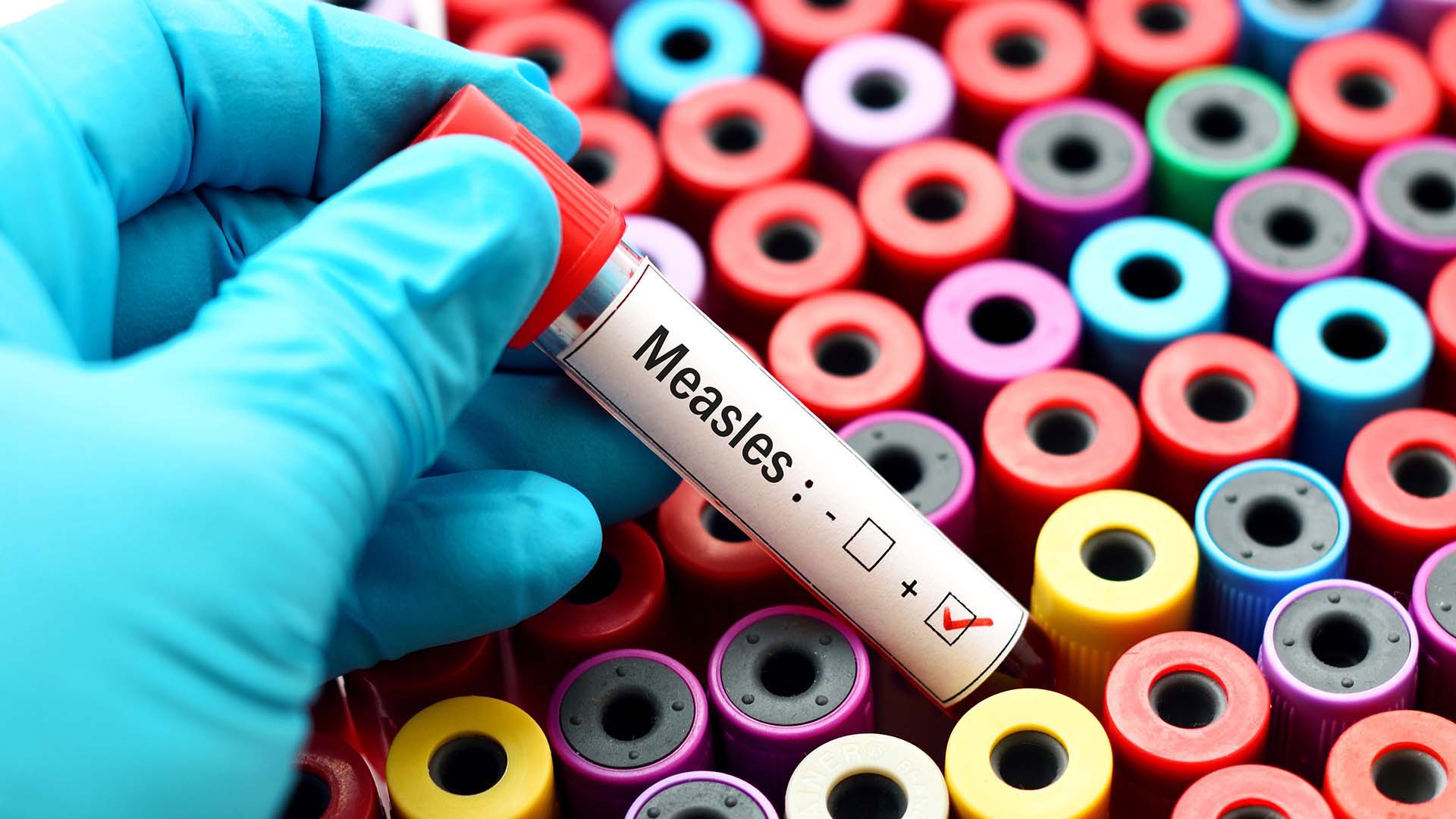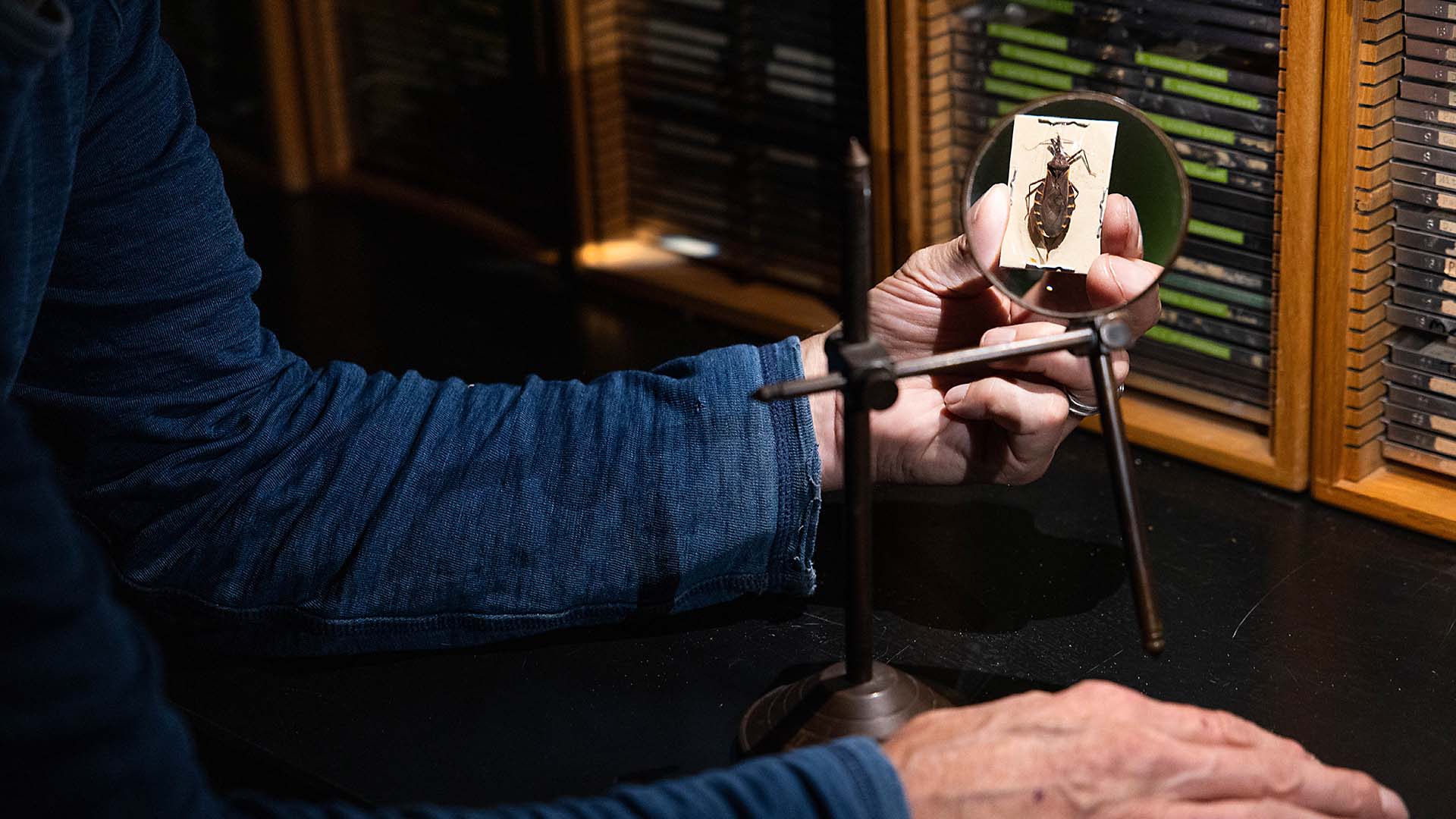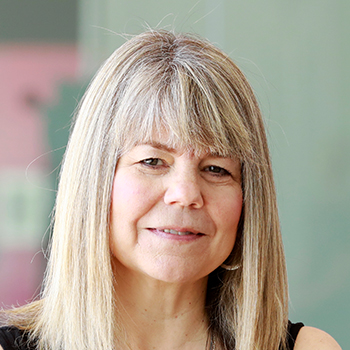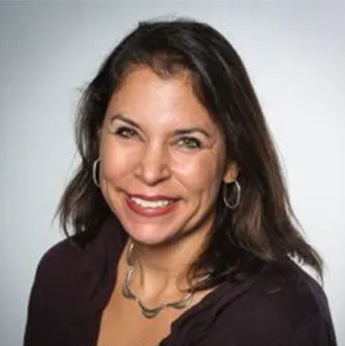Accelerator program addresses critical shortage of mental-health care providers
MSU Denver partners with Kaiser Permanente to train more licensed workers as demand for their services grows.
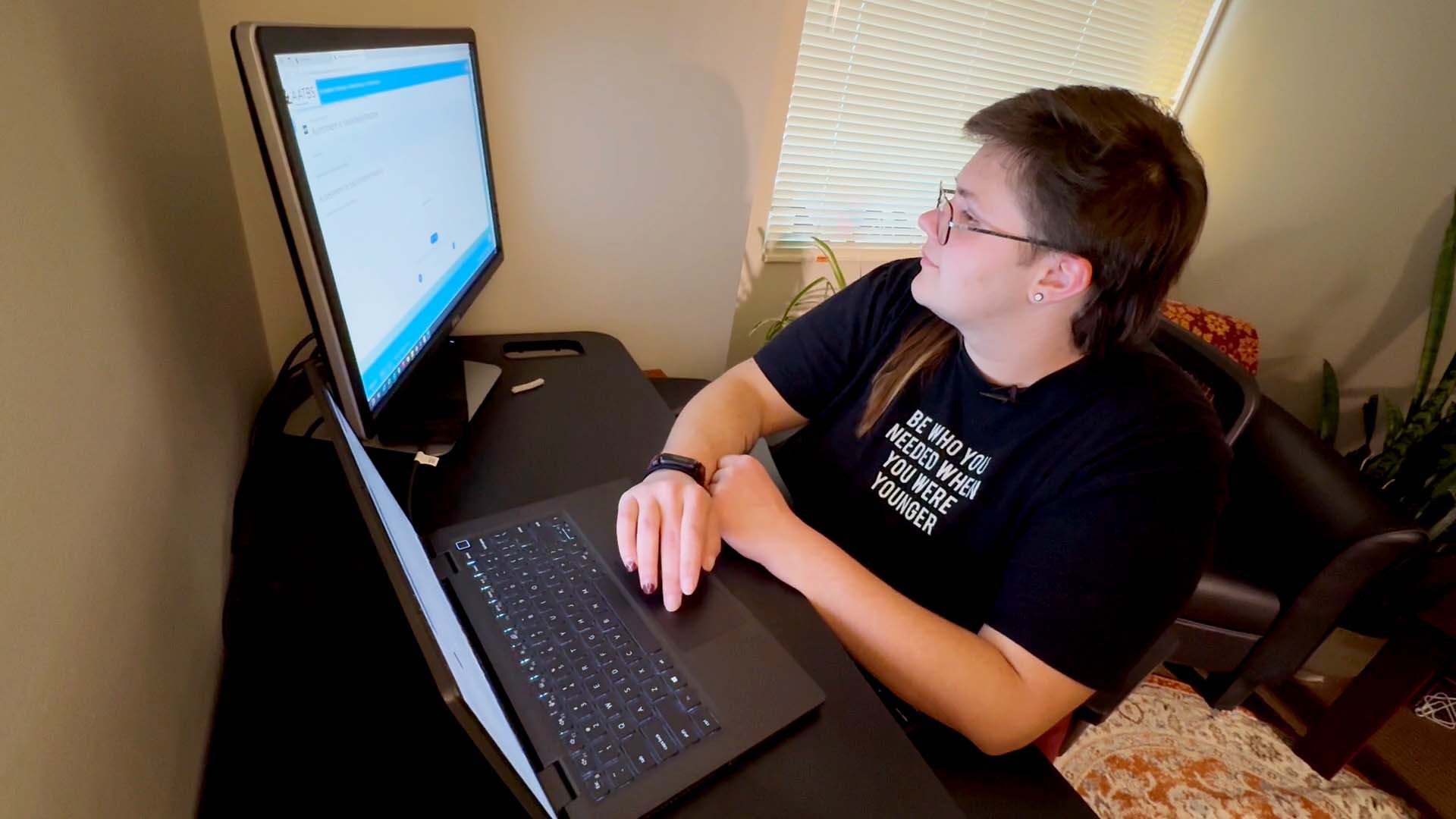
With mental-health conditions such as depression, anxiety and addiction on the rise, Metropolitan State University of Denver is partnering with Kaiser Permanente and the National Council for Mental Wellbeing to address a critical shortage of mental-health care workers in the state.
The collaborative has developed an accelerator program that will connect graduates to the clinical training and other support they need to become licensed professionals.
MSU Denver’s Gina and Frank Day Health Institute is securing clinical-hours placements and supervision for pre- and post-master’s associates who will work in community-provider settings serving vulnerable populations. The institute is also establishing a peer cohort and providing study materials, while $4.2 million in Kaiser Permanente grants is funding stipends, oversight, operations and program analysis.
The initiative comes amid rising demand for mental-health care. One in every five Coloradans needs mental-health services, but fewer than one-third receive that care, said Emily Matuszewicz, D.C., the Health Institute’s director of Development and Partnerships.
RELATED: Infrastructure bill takes aim at Colorado’s shortage of health care workers
Acquiring required clinical hours, as well as the costs of study materials and testing, can present barriers for people on the way to becoming licensed mental-health professionals. For too many graduates in mental-health fields, the additional hurdles and costs halt their careers before they start, particularly for underrepresented groups that may not have established social networks in the industry, Matuszewicz said.
“We are breaking down barriers to get more licensed practitioners in the field who reflect the populations that they serve,” she said.
In 2022, the Colorado Behavioral Health Administration estimated that the state had more than twice as many vacant mental-health jobs as similar-size areas across the country.
While unlicensed mental-health workers can treat Medicare patients, a license opens the door to treating more people, which helps providers sustain their practice.
“To effectively address the local impacts of the national mental-health crisis, we need to develop a communitywide mental-health workforce that effectively represents the communities hit hardest,” said Mike Ramseier, president of Kaiser Permanente Colorado.
Chi’Anne Brieske, a participant in the collaborative’s first cohort, obtained clinical hours through Diversus Health in El Paso County. The collaborative paid Brieske’s stipend via the Kaiser Permanente grants.
Community Providers
|
|
Brieske obtained a master’s in 2021, but she won’t get full licensure until the middle of this year. She said MSU Denver helped clear several barriers, including providing free study materials, which otherwise cost hundreds of dollars. The cohort provided participants with a critical space to navigate sometimes-confusing licensure paperwork and other hurdles.
“I had a couple of peers from grad school who gave up because they couldn’t afford to do a clinical internship for a free for a year,” she said. “This program is super-beneficial.”
The program is part of Kaiser Permanente’s overarching goal to improve the lives of its members by delivering evidence-based, outcome-driven mental-health and addiction care in the right setting at the right time, said Jeff Krawcek, M.D., executive medical director and president of Kaiser Permanente Colorado’s medical group.
It also builds upon Kaiser Permanente’s longstanding commitment to support the social needs of communities, with programs providing access not only to housing, food and healthy living but to mental-health care options.
“If we are going to meet our community’s overall health needs, we have to remove as many barriers as we can for the people who want to do those jobs,” Krawcek said. “This community-based approach delivers help to many areas of Colorado with the highest needs.”
Aspiring mental-health workers across the country will soon see similar benefits. The Colorado collaborative is part of a national effort, which will kick off a similar accelerator in Georgia.


